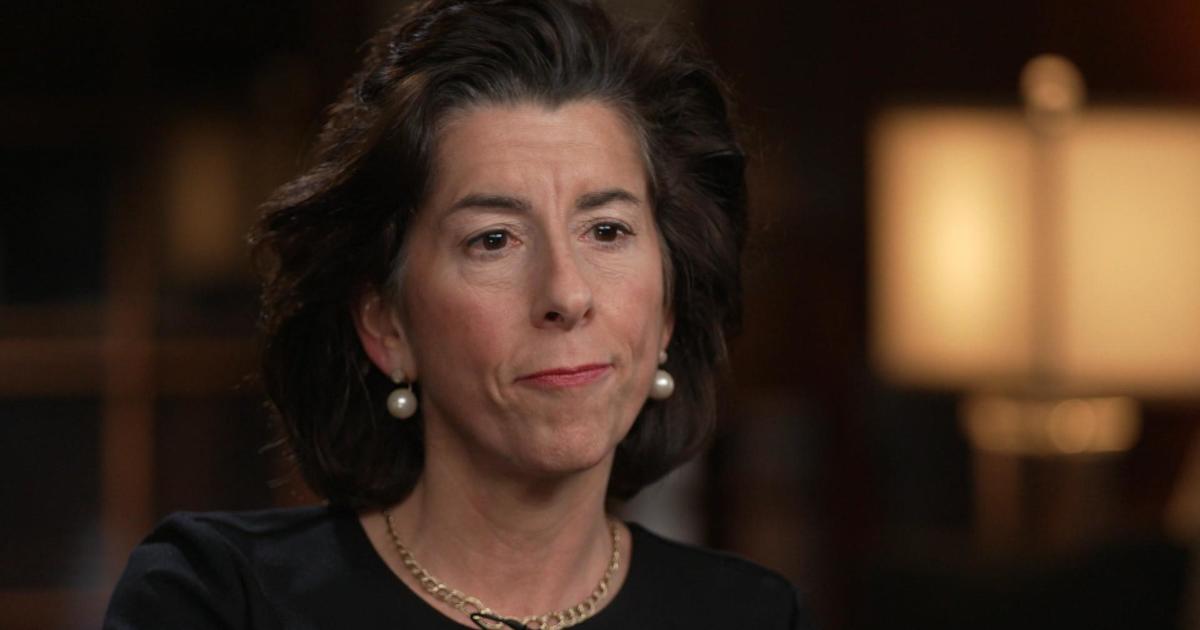Labor Department reverses Trump-era rule that made it easier for companies to call workers independent contractors
The U.S. Labor Department on Wednesday rescinded a policy that would have made it easier to classify workers as independent contractors.
The old "Independent Contractor Rule" was posted in the last days of the Trump administration, and was supposed to take effect in just two days.
The move means the Labor Department will continue to use existing rules under the 1938 Fair Labor Standards Act to determine whether a worker should be classified as an independent contractor without traditional wage and employee benefit protections.
The Trump-era rule simplified the process of determining if a worker either was an employee of a company or in business for themselves. Historically, regulators have considered six factors in determining if a worker was truly independent, including the amount of control the employer had over the work, the level of specialized skill needed by the worker, any investment the worker made in their business operations and the permanence of a relationship between the worker and employer. The Trump-era rule, now rescinded, reduced those factors to just two: The control exerted by the employer and the worker's opportunity for profit or loss.
"By withdrawing the Independent Contractor Rule, we will help preserve essential worker rights and stop the erosion of worker protections," said Labor Secretary Marty Walsh said in a statement.
"Legitimate business owners play an important role in our economy but, too often, workers lose important wage and related protections when employers misclassify them as independent contractors. We remain committed to ensuring that employees are recognized clearly and correctly when they are, in fact, employees so that they receive the protections the Fair Labor Standards Act provides," Walsh said.
Walsh, a former union official, is turning the Labor Department back to its historic role of protecting workers, reversing the employer-friendly policies of his predecessor, Eugene Scalia. Last week Walsh noted that many gig workers, such as those who drive and deliver groceries for Uber, Lyft and DoorDash, should actually be classified as employees.
Gig companies have fought to maintain independent status for their largely part-time workforces, even pouring $200 million into a ballot initiative in California to exempt them from the state's strict worker protection laws.
These companies can continue to classify their drivers as independent contractors under existing federal law. But labor advocates say the Trump rule would have made it easier for other large employers to skirt their responsibilities to workers.
Independent contractors, including gig workers, are much cheaper for companies to hire but don't qualify for workplace protections given employees, such as minimum wage floors, overtime pay, workers' compensation insurance, sick leave and the right to organize. The National Employment Law Project, a pro-worker think tank, estimated last year that as many as 30% of workers may be wrongly classified as independent, costing states billions of dollars in tax revenue.
Employment lawyers expect the Biden administration to aggressively go after companies that misclassify workers.
The Chamber of Commerce said it was "disappointed" in the rule reversal. "We hope that the administration does not pursue new regulations that would limit earning opportunities for independent workers and small businesses," Glenn Spencer, senior vice president of employment policy at the business group, said in a statement.
The Associated Press contributed reporting.



